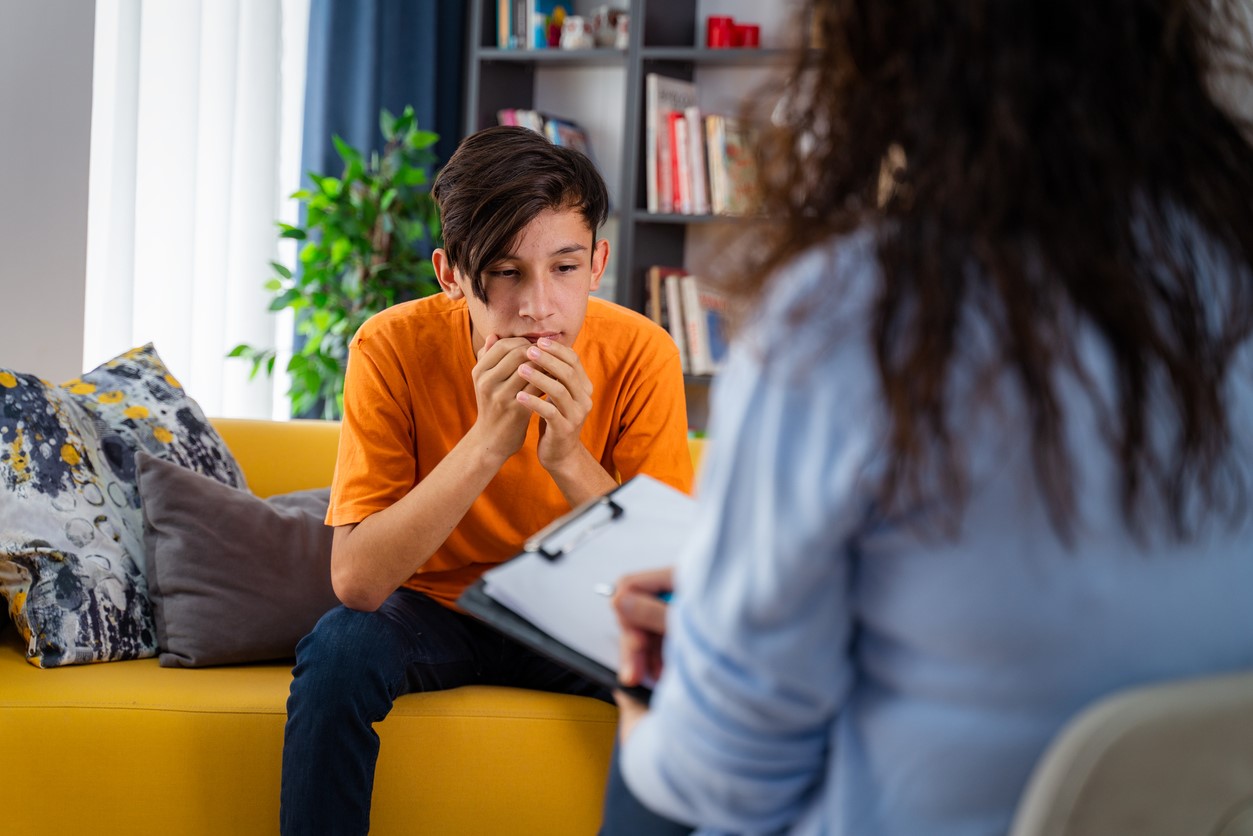In the hustle and bustle of modern life, finding moments of tranquility can seem elusive. For many, sleepless nights and overwhelming anxiety have become all too familiar. In the pursuit of holistic well-being, individuals are turning to the age-old practice of meditation for sleep and anxiety. In this comprehensive guide, we will explore the profound impact of meditation, providing insights, techniques, and answers to frequently asked questions.
Understanding Meditation for Sleep and Anxiety
Meditation is not merely a practice; it’s a journey toward inner peace and emotional balance. meditation for sleep and anxiety is designed to quiet the mind, soothe frayed nerves, and usher in a deep sense of calm. By addressing both sleep disorders and anxiety, meditation acts as a natural remedy, devoid of side effects.
Exploring the Benefits of Meditation
Meditation for sleep and anxiety offers a myriad of benefits:
Improved Sleep Quality
Experience the restorative power of meditation, allowing your mind to unwind and inviting blissful sleep into your life.
Reduced Anxiety Levels
By focusing on the present moment, meditation alleviates anxiety and relieves stress, fostering a sense of control and tranquility.
Enhanced Emotional Well-being
Meditation cultivates emotional resilience, enabling you to navigate life’s challenges with grace and composure.
Heightened Self-awareness
Discover a deeper understanding of yourself, fostering self-compassion and self-acceptance.
Effective Meditation Techniques
Mindfulness Meditation
Embrace the present moment, observing your thoughts and sensations without judgment. Mindfulness meditation enhances self-awareness and reduces racing thoughts, paving the way for restful sleep.
Guided Visualization
Embark on a mental journey to serene landscapes, guided by soothing voices. Visualization techniques transport you to tranquil realms, easing anxiety and inducing deep relaxation.
Body Scan Meditation
Consciously release tension from each part of your body, promoting physical and mental relaxation. Body scan meditation is a powerful tool for unwinding before sleep and easing muscle tension linked to anxiety.
Conclusion: Embracing Tranquility Through Meditation
In the realm of meditation for sleep and anxiety, the journey is as significant as the destination. By integrating meditation into your daily routine, you embark on a transformative odyssey toward inner peace. Embrace the power of mindfulness, visualization, and conscious breathing, welcoming restful sleep and serenity into your life.
FAQS
How long does it take for meditation to improve sleep and reduce anxiety?
Meditation’s effects vary, but consistent practice often yields noticeable improvements within a few weeks. Patience and regularity are key.
Can meditation replace medication for sleep and anxiety disorders?
Meditation can be a valuable complementary therapy, but individuals with severe disorders should consult healthcare professionals for comprehensive treatment plans.
Is meditation suitable for everyone, regardless of age?
Absolutely. Meditation techniques can be adapted for individuals of all ages, making it a versatile and inclusive practice.
How can I create a conducive environment for meditation?
Choose a quiet, comfortable space, dim the lights, and eliminate distractions. Utilize soothing music or nature sounds to enhance the ambiance.
What role does breathing play in meditation?
Conscious breathing synchronizes the mind and body, promoting relaxation. Techniques like diaphragmatic breathing are fundamental in meditation practices.
Can meditation be practiced during the day to alleviate anxiety?
Certainly. Quick, focused meditation sessions during the day can effectively reduce anxiety, providing moments of calm amidst busy schedules.





